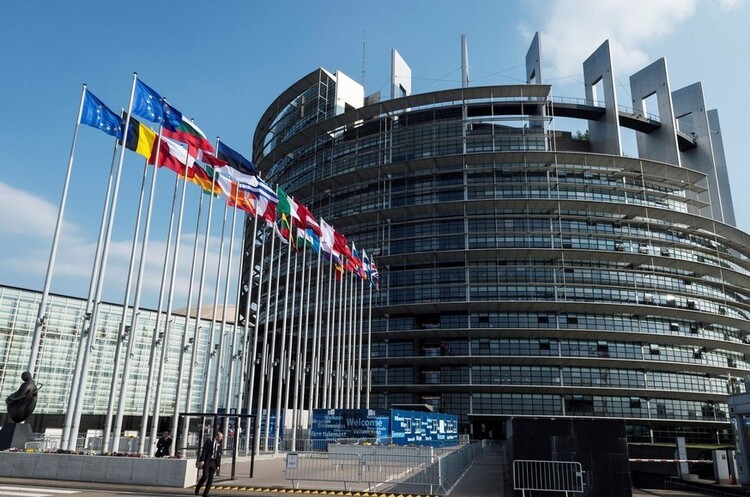European Parliament approves the use of Russian assets for the benefit of Ukraine
Assets that may be confiscated as a result of Russia's aggressive war should become a "contribution to the restoration of Ukraine"

On Wednesday, 13 March, in Strasbourg, the European Parliament adopted a resolution on the EU Directive on the finding and seizure of assets of criminal origin, which allows for the prompt freezing and confiscation of funds in the community. The document states that Russian assets that may be confiscated as a result of Russia's aggressive war should become "a contribution to the restoration of Ukraine".
The European Commission should develop recommendations on the use of confiscated assets and property for compensation, restitution and reparations to states affected by international crimes, the document says.
"If assets have been confiscated in connection with Russia's aggressive war against Ukraine or related crimes (...), these assets or the net proceeds from their liquidation should be used to restore Ukraine," the resolution says.
The Directive will cover a wider range of offences committed by criminal organisations, including trafficking in human beings, drugs or weapons.
It is aimed at improving legislation and will allow for the prompt blocking of suspicious assets. In addition, the directive provides for strict measures in case of "evasion of confiscation by means of a third party".
In order to investigate the origin of capital more effectively, the Asset Recovery Offices operating in EU countries will be granted broader powers.
They will also have full access to information on real estate and commercial registers. In addition, the EU will now have two new types of confiscation: non-conviction-based confiscation and confiscation of assets of unclear origin.
Speaking before the vote, the European Parliament's rapporteur on asset confiscation, Romanian MEP Laurent Vince, said that the new directive "targets the financial income generated by international criminal organisations". According to him, the revenues of these groups in the EU amount to €150 billion, "and only one per cent of these assets have been confiscated".
The reason for this was that EU law enforcement agencies could not quickly establish the criminal origin of the money, and "the exchange of information between countries, even within the EU, was very slow and limited."
The directive approved by the European Parliament will radically change this situation, said Vincze. Now, "all authorities involved in the search for suspicious capital will have immediate access to all national databases."
Background. As it became known, the European Parliament supported criminal liability for circumventing EU sanctions.
If you have read this article to the end, we hope that means it was useful for you.
We work to ensure that our journalistic and analytical work is of high quality, and we strive to perform it as competently as possible. This also requires financial independence. Support us for only UAH 196 per month.
Become a Mind subscriber for just USD 5 per month and support the development of independent business journalism!
You can unsubscribe at any time in your LIQPAY account or by sending us an email: [email protected]



